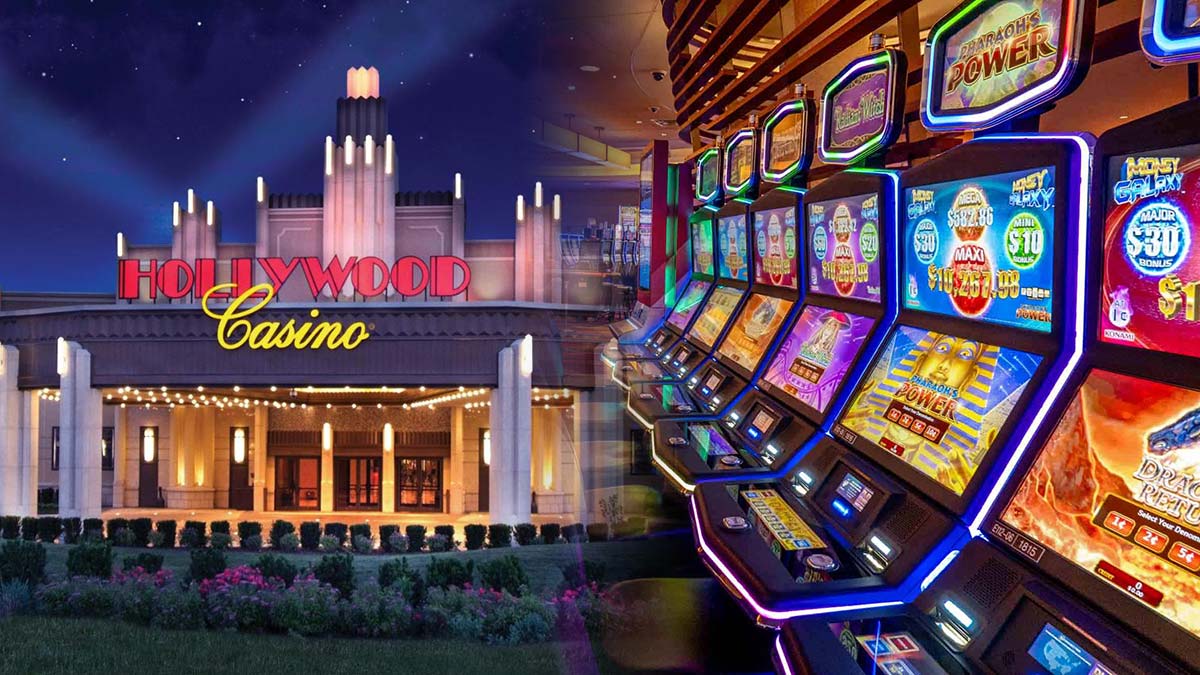
Gambling games have long captured the fascination of people around the planet, becoming an essential part of both entertainment and tradition. From the shimmering lights of Nevada to the captivating experience of internet gambling, these experiences evoke enthusiasm, danger, and sometimes even a sense of sentimentality. They are not just simply hobbies; they have woven themselves into the tapestry of our lives, influencing everything from cinema and melodies to clothing and books.
The appeal of casino games surpasses the betting aspect, tapping into wider themes of fortune, risk, and social interaction. As players assemble around a gaming table or spin the roulette wheel, they engage in an age-old ritual that connects with our communal desire for excitement and unpredictability. This obsession has led to the growth of countless references in films, music, and electronic games, showcasing how deeply entrenched these games are in popular culture. Whether it is the intense drama of a classic caper or the lively nightlife portrayed in recordings, casino games have created a substantial role that reflects our bond with risk and reward.
Cultural Impact of Casino Games
Casino games have played a crucial role in cultural contexts throughout the ages. Originating from old civilizations, games of chance were often linked to ceremonies or events. gokken zonder cruks For example, early iterations of these activities can be traced back to historic China and the Romans, where dice games and wagering on outcomes were popular pastimes. These games not only functioned as leisure but also as methods of social interaction, facilitating connections among individuals within communities.
As cultures evolved, so did the complexity and organization of casino games. The creation of formal casinos in the 17th century, particularly in the Italian region, marked a significant shift in how games were viewed and organized. With specific spaces for gambling, the casino became a social hub where patrons from different backgrounds gathered. This evolution contributed to the legitimization of gambling, transforming it from a mere pastime into an organized industry that influenced economy and regulations.
The impact of gambling activities on mainstream culture cannot be overlooked. As they were popularized in books and movies, games such as poker and blackjack became symbols of risk, chance, and tactics. Famous characters and stories have emerged around these games, reflecting societal attitudes towards luck, wealth, and immorality. This interest with casino games has infiltrated various forms of entertainment, solidifying their place in the collective consciousness and linking them to wider cultural stories throughout history.
Depiction of Gambling Games in Media
Casino games have long been a popular theme in various forms of media, reflecting both the excitement and complexities of gambling culture. Films such as Ocean’s 11 and Casino Royal portray individuals who navigate intense situations, showcasing not only the allure of the gambling environment but also the tactics and judgments that come with playing popular games like Texas Hold’em and 21. These films often dramatize the exhilaration of winning and the potential results of losing, encapsulating the dangers involved in betting.
TV programs have also explored the world of gambling activities, often integrating them into the narrative as a context for story progression and drama. Shows like Las Vegas depict the experiences of casino workers and patrons, highlighting the lively, often tumultuous energy of the casino floor. Reality shows featuring intense betting contests further emphasize the attraction of gambling activities, drawing viewers into the drama and planning involved in each round. Through these representations, media not only amuses but also sparks conversations about luck, skill, and the nature of randomness.
Video games have increasingly included gambling activities into their design, allowing players to simulate the thrill of betting without financial risk. Titles within the realm of online gaming often include virtual slots, online poker, and other popular casino games, creating an immersive gameplay that mirrors real-life gameplay. These virtual portrayals make gambling activities accessible to a broad demographic, appealing to both players who indulge and those who enjoy the thrill of virtual experiences. As a result, the portrayal of gambling activities in media continues to shape cultural attitudes and cultural significance, highlighting their function in society and the cultural landscape.
Effect of Gambling Activities on Communities
Casino games have a significant impact on communities, affecting multiple facets of societal norms and social behavior. They often function as a venue for social interaction, where people come together to enjoy a shared experience. Game nights with friends or trips to casinos become social activities that build connections and create shared moments. This communal aspect boosts the fun value of gambling activities, making them a favored choice for celebrations and recreational pursuits.
Moreover, gambling activities have been portrayed in numerous movies, TV series, and literature, shaping views and attitudes towards gaming and betting. Icons like James Bond playing baccarat or the high-stakes poker scenes in films have embedded these games in the shared imagination. This depiction often idealizes the culture associated with casino activities, attracting new players and influencing trends in both style and behavior. These portrayals can spark curiosity and lead to a deeper investigation of the intricacies of gaming.
However, there are also negative consequences linked to the popularity of casino games. The temptation of quick monetary gain can lead to problem gambling and economic troubles for some people. Society must contend with these issues, advocating for responsible gaming and awareness of the risks involved. Balancing the fun aspect of casino games with the potential for harm is vital to ensure that they continue to be a beneficial aspect of our societal fabric.